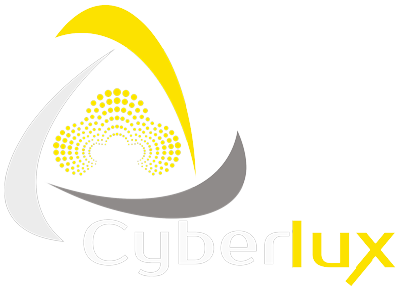Efficient bookkeeping is essential for every business, but the month-end close can often be stressful. By streamlining your bookkeeping processes, you can significantly reduce stress and improve accuracy. Here are five practical ways to make your month-end close smoother and more efficient.
1. Implement Automated Bookkeeping Software
Benefits of Automated Software
Automated bookkeeping software can drastically reduce the time and effort required to manage your books. Tools like Xero, QuickBooks, and MyOB offer real-time data entry, automatic reconciliation, and integration with your bank accounts.
Key Features to Look For
- Real-Time Data Entry: Ensures your books are always up to date.
- Automatic Reconciliation: Matches your transactions with bank statements automatically.
- Integration with Other Tools: Seamlessly connects with payroll, invoicing, and other financial tools.
How to Choose the Right Software
Consider your business size, industry, and specific needs. Look for software that offers the features you require and has positive user reviews.
2. Establish a Consistent Bookkeeping Schedule
Importance of Regular Updates
Updating your books regularly can prevent last-minute scrambles at the end of the month. Consistency helps in catching errors early and maintaining accurate records.
Weekly and Monthly Tasks
- Weekly: Enter and categorise expenses, send invoices, and follow up on receivables.
- Monthly: Reconcile bank statements, review financial reports, and adjust entries as needed.
Tips for Staying on Schedule
- Set calendar reminders.
- Allocate specific times each week for bookkeeping tasks.
- Use checklists to ensure all tasks are completed.
Communicate with Other Departments
To ensure smooth and accurate reconciliation, accountants need to communicate procedures to other related departments. Clear communication ensure everyone understand their part and their involvement in the accounting process. Regular updates and feedback from departments such as sales, purchasing, and inventory can help maintain accurate records and prevent discrepancies.
3. Standardise Your Financial Processes
Creating Standard Operating Procedures (SOPs)
Standardising your bookkeeping processes can help ensure consistency and accuracy. SOPs provide clear instructions for routine tasks, reducing the likelihood of errors.
Key Areas to Standardise
- Invoice Processing: How invoices are created, sent, and tracked.
- Expense Reporting: How expenses are recorded and categorised.
- Bank Reconciliation: Steps to reconcile accounts monthly.
Benefits of Standardisation
- Consistency: Ensures all team members follow the same procedures.
- Efficiency: Reduces time spent training new employees.
- Accuracy: Minimises the risk of errors.
4. Outsource Non-Core Bookkeeping Tasks
When to Consider Outsourcing
If your bookkeeping tasks are overwhelming or taking too much time away from core business activities, it might be time to consider outsourcing. Outsourcing can provide access to expert knowledge and advanced tools.
Benefits of Outsourcing
- Expertise: Access to professionals who specialise in bookkeeping.
- Cost-Effective: Save on hiring and training costs.
- Focus on Core Activities: Free up time to focus on growing your business.
What Tasks to Outsource
- Payroll processing
- Tax preparation and filing
- Financial reporting and analysis
5. Regularly Review and Analyse Financial Reports
Importance of Financial Reports
Regularly reviewing financial reports can help you understand your business’s financial health and make informed decisions. Reports such as profit and loss statements, balance sheets, and cash flow statements provide valuable insights.
How to Use Financial Reports
- Identify Trends: Look for patterns in income and expenses.
- Make Informed Decisions: Use data to guide business strategies.
- Plan for the Future: Forecast future financial performance based on current trends.
Tips for Effective Analysis
- Compare current reports with previous periods.
- Use visual aids like graphs and charts.
- Discuss findings with your accountant or financial advisor.
By following these five strategies, you can streamline your bookkeeping processes and ensure a less stressful month-end close. Implementing automated software, establishing a consistent schedule, standardising processes, outsourcing non-core tasks, and regularly reviewing financial reports will help you maintain accurate and up-to-date financial records.
At Cyberlux, we specialise in helping businesses streamline their bookkeeping and accounting processes. Our team of expert accountants can provide the tools and support you need to manage your finances efficiently. Contact us today to learn more about our services and how we can help you achieve a stress-free month-end close.
By adhering to these strategies, you’ll find your month-end close process not only less stressful but also more accurate and efficient. For personalised assistance and advanced bookkeeping solutions, consider the services offered by Cyberlux.
Additional Resources:
- Explore our blog for more insights on financial reporting and communication.
- Learn more about our team of experienced accountants.




